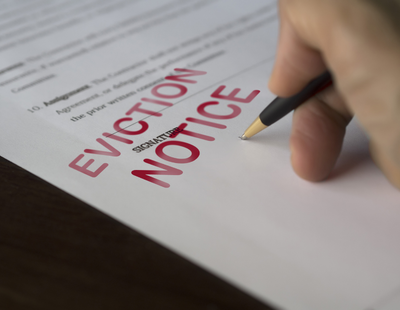
New legislation designed to reform Scotland’s private rental sector could make it harder for agents and landlords to tackle anti-social behaviour in their properties, according to a group of 56 letting agents.
The agents, representing the landlords of over 16,000 properties, have signed a statement saying they are concerned that by removing a landlord’s right to allow a tenancy to come to a natural end, the Private Housing (Tenancies) (Scotland) Bill - if enacted - would make it harder for them to tackle anti-social behaviour.
The agents say they know of landlords who have been made aware of anti-social behaviour in their property and have been unsuccessful in their efforts to assist the tenant in improving their conduct. To manage the situation quickly and effectively, and for the benefit of the community, the landlord has allowed a tenancy to come to a natural end, allowing for the adequate notice period outlined in the contract.
The agents are concerned that in future, neighbours who complain about anti-social behaviour would be forced to make an official complaint to the police and be willing to give public evidence to a tribunal before any action can be taken to remove a tenant.
In their statement the agents say that not only will this quasi-judicial process increase the time it takes to tackle the problem, but many of the people affected by anti-social behaviour will feel sufficiently threatened that they may not be willing to make a public complaint and be too intimidated to testify, anyway
“Landlords will be powerless to act unless such public complaints are made” say the agents.
“A key complaint we have heard from our own members, as well as from those in our letting agent wing ... is that the measures in the Private Housing (Tenancies) (Scotland) Bill will make it harder to tackle anti-social behaviour” says John Blackwood, chief executive of the Scottish Association of Landlords.
“The people often most affected by anti-social behaviour are those in vulnerable groups such as older people who could feel threatened by a neighbour. They may be less likely to publicly complain, let alone be willing to take part in what is a formal legal process. These people would in future have to suffer in silence and our landlords would be powerless to help” he says.












%20-%20IMAGE%20Client%20Accounting%20%E2%80%93%20what%20are%20your%20options.jpg)









Join the conversation
Be the first to comment (please use the comment box below)
Please login to comment